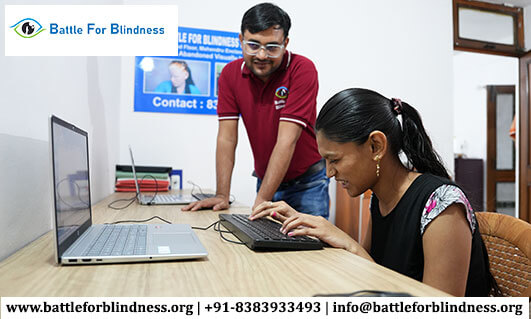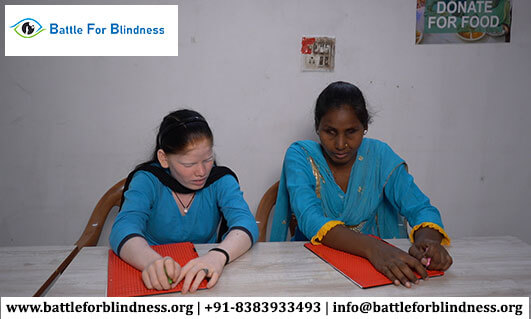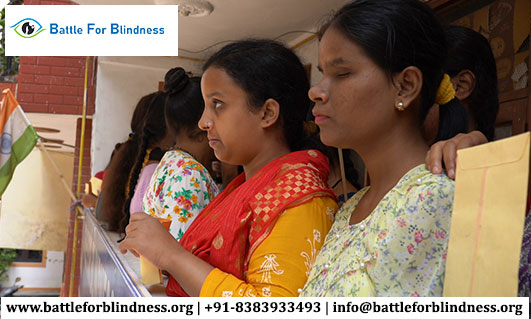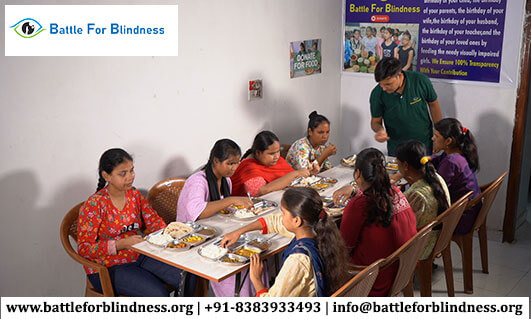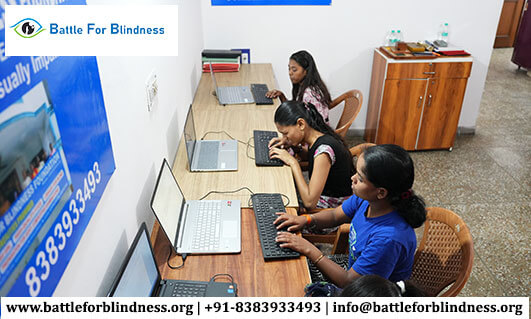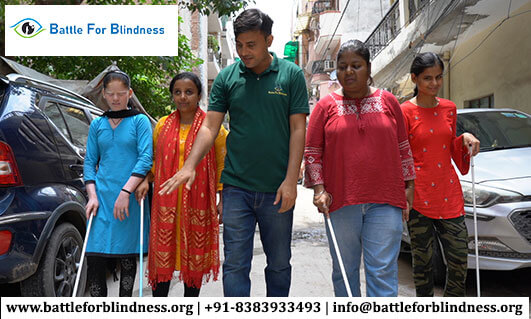
In today’s competitive job market, networking plays a pivotal role in career advancement and professional development. For visually impaired professionals, building connections can present unique challenges, but it also offers significant opportunities for growth, support, and collaboration. This blog explores the power of networking and provides practical tips for visually impaired individuals to establish meaningful professional relationships.
Understanding the Importance of Networking
Networking is more than just exchanging business cards; it’s about creating lasting relationships that can lead to job opportunities, mentorship, and shared resources. For visually impaired professionals, networking can help:
-
Expand Career Opportunities: Personal connections often lead to job referrals and insider information about job openings that may not be widely advertised.
-
Access Mentorship: Building relationships with established professionals can provide guidance, advice, and insights that can be invaluable for career growth.
-
Enhance Skill Development: Networking allows for the sharing of knowledge and resources, enabling professionals to learn from each other’s experiences and expertise.
-
Foster a Supportive Community: Connecting with others who understand the unique challenges faced by visually impaired individuals can create a strong support system.
Strategies for Effective Networking
1. Leverage Online Platforms
In the digital age, online networking is a powerful tool. Platforms like LinkedIn, Twitter, and professional forums offer visually impaired individuals opportunities to connect with industry leaders and peers. Create a strong online presence by:
- Optimizing your profile with a professional photo, a clear summary of your skills, and relevant experiences.
- Joining groups related to your field of interest to engage in discussions and connect with like-minded professionals.
- Sharing articles, insights, and personal achievements to showcase your expertise and establish credibility.
2. Attend Networking Events and Conferences
While in-person networking can be intimidating, it is a great way to meet professionals face-to-face. Look for industry-specific conferences, workshops, and networking events. To make the most of these opportunities:
- Research the event beforehand to identify key speakers and attendees you’d like to connect with.
- Prepare a brief introduction about yourself to facilitate conversations.
- Bring assistive devices, such as a smartphone with voice-over features, to help navigate the venue and engage with others.
3. Utilize Local and National Organizations
Many organizations and advocacy groups focus on supporting visually impaired individuals in their professional pursuits. These organizations often host networking events, mentorship programs, and workshops. Joining these groups can help you:
- Connect with other visually impaired professionals who share similar experiences and challenges.
- Access resources, job listings, and training opportunities tailored to your needs.
- Participate in advocacy efforts to promote accessibility in the workplace.
4. Practice Active Listening
Effective networking is a two-way street. While it’s important to share your own experiences and goals, active listening is equally crucial. Show genuine interest in others by:
- Asking open-ended questions to learn about their careers and experiences.
- Offering support or assistance when appropriate, which can help strengthen your relationship.
- Remembering details about individuals you meet, as this can help personalize future interactions.
5. Follow Up and Stay Connected
After meeting new contacts, following up is vital to maintain the connection. Send a brief email or message expressing appreciation for the conversation and suggesting a future meeting or call. Consider:
- Connecting on social media platforms to stay updated on each other’s professional journeys.
- Scheduling periodic check-ins to share updates and continue building the relationship.
- Offering your assistance when possible, reinforcing the notion of mutual support.
Overcoming Challenges in Networking
Visually impaired professionals may face barriers when it comes to networking, such as accessibility issues at events or difficulties in initiating conversations. Here are some strategies to overcome these challenges:
-
Prepare in Advance: Familiarize yourself with the venue layout, transportation options, and available accommodations to ease any concerns about accessibility.
-
Use Technology: Utilize apps that can help navigate social situations, such as audio-based event guides or apps that assist in identifying people and objects.
-
Seek Allies: Partner with a sighted friend or colleague to attend events together, making it easier to navigate and initiate conversations.
Conclusion
Networking is an essential skill for all professionals, and for visually impaired individuals, it offers unique opportunities for connection and growth. By leveraging online platforms, attending events, and engaging with organizations, visually impaired professionals can build meaningful relationships that enhance their careers. Embracing the power of networking not only helps in professional development but also fosters a sense of community and support among visually impaired individuals. Remember, each connection made is a step toward greater empowerment and success in the professional world.
